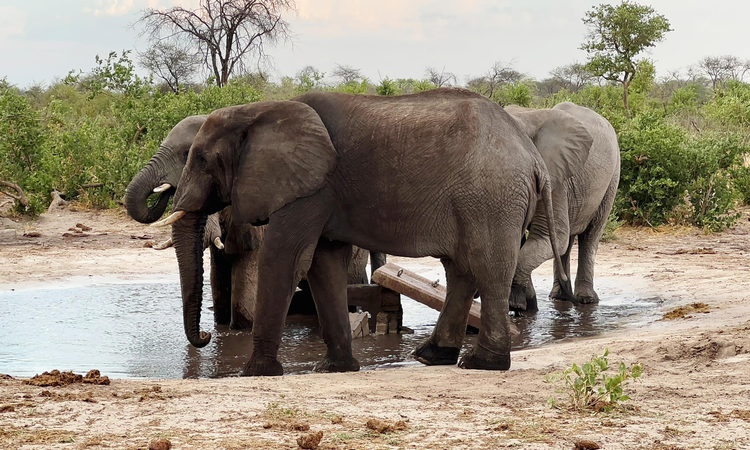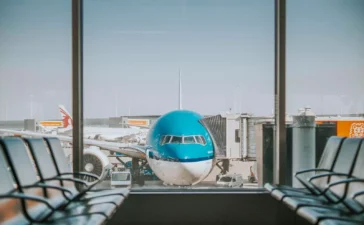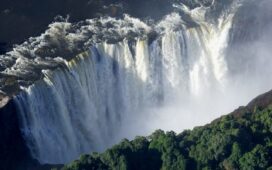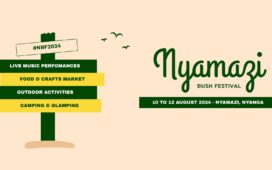Botswana’s vast landscapes are a haven for wildlife. From the colossal herds of over 100,000 elephants to the graceful giraffes and galloping zebras, the country boasts an unparalleled biodiversity. This abundance isn’t just a source of national pride; it’s woven into the very fabric of Botswana’s economy, particularly for rural communities.
For these communities, wildlife is more than just a beautiful sight – it’s their lifeline. Trophy hunting, a controversial practice for some, plays a crucial role in generating income for conservation efforts and local livelihoods. Proceeds from trophy hunting pay for vital park management, anti-poaching patrols, and community development initiatives. It’s a system that has ensured healthy wildlife populations while creating sustainable economic opportunities.
But a dark cloud looms on the horizon. The UK’s proposed ban on trophy hunting imports threatens to disrupt this delicate balance. While the UK may not be the biggest player in Botswana’s trophy hunting market, its decision could have a ripple effect, potentially influencing similar bans in other European and US markets. This domino effect could be devastating for Southern Africa’s wildlife economies and the communities that depend on them.
Take Xhauxhwatubi Safaris, a community-based organization on the fringes of the Makgadikgadi National Park. This organization provides invaluable employment opportunities for local residents, empowering women like Baboloki Maizaira to work as professional guides. The income generated from trophy hunting and tourism allows Xhauxhwatubi Safaris to invest in new vehicles, acquire land for a lodge, and create even more jobs within the community.
A similar story unfolds at Phuduhudu Safaris, another community-based organization facing potential losses from the ban. These organizations represent countless others across Botswana, all facing an uncertain future if the UK’s ban becomes a reality.
The Botswana Wildlife Association (BWA) echoes these concerns. The BWA emphasizes that responsible trophy hunting, when strictly regulated, can be a powerful tool for conservation. The revenue generated helps fund anti-poaching efforts, habitat protection, and research initiatives – all crucial for safeguarding wildlife populations. Without this vital funding, the long-term sustainability of these populations could be at risk.
The potential impact goes beyond just economic hardship. Reduced resources for wildlife management could lead to an increase in human-wildlife conflict as communities struggle to coexist with animals that were previously managed through hunting programs.
Botswana argues that the proposed ban is a form of punishment for their successful wildlife management practices. They have demonstrably maintained healthy animal populations, and the ban undermines their efforts.
The debate surrounding trophy hunting is complex, with strong arguments on both sides. However, the potential consequences of the UK’s proposed ban for Botswana’s wildlife and its communities cannot be ignored. A more nuanced approach is needed, one that acknowledges the economic and ecological benefits of responsible trophy hunting while addressing ethical concerns. Only then can we ensure a future where Botswana’s wildlife paradise continues to thrive, alongside the communities who call it home.











